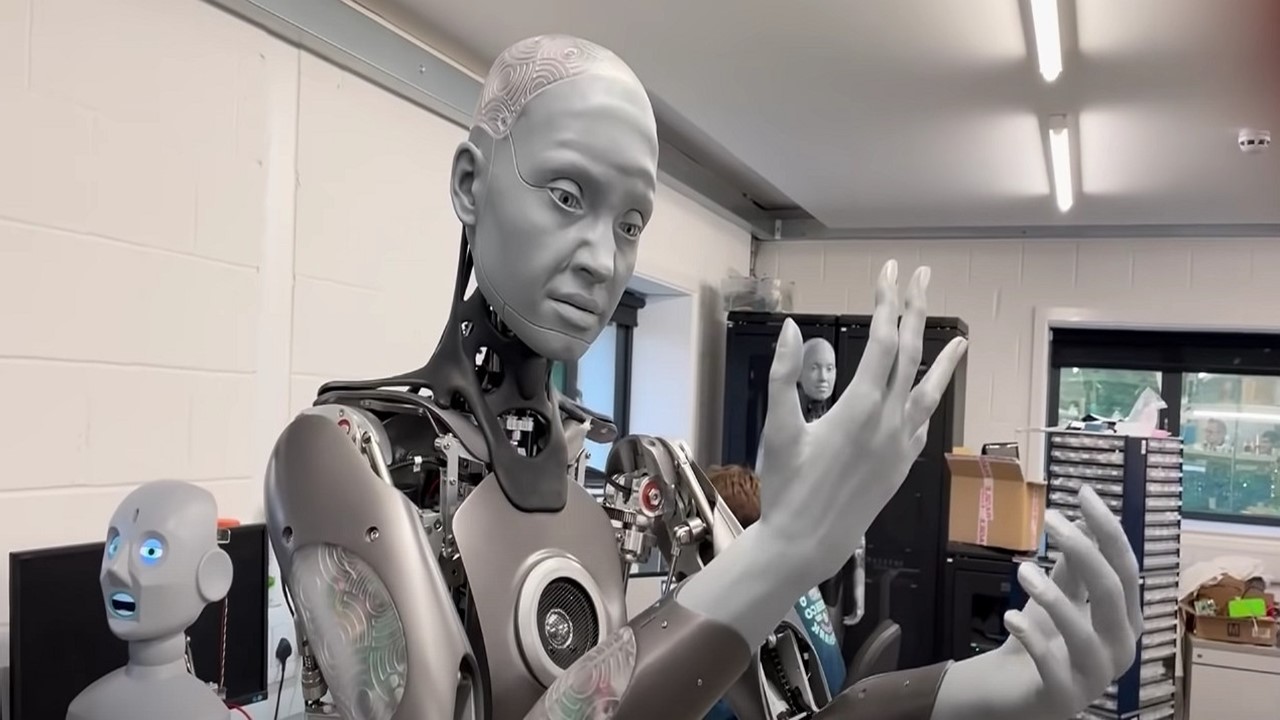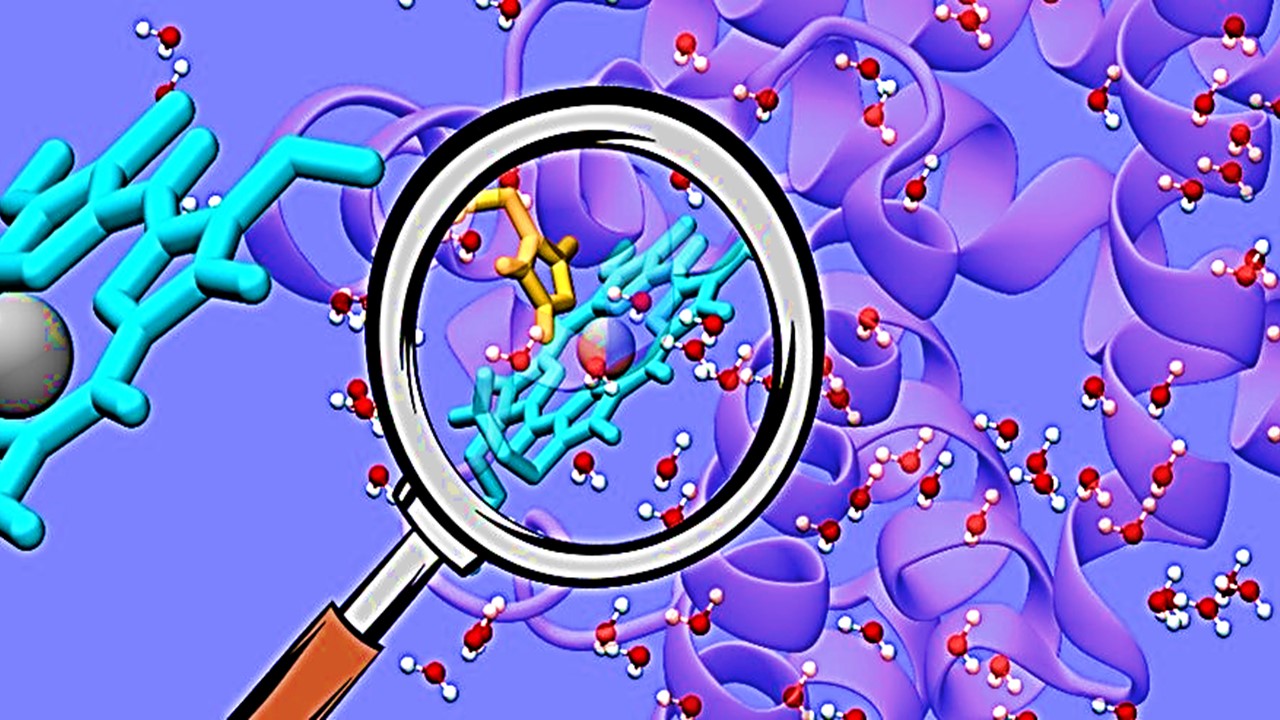Today, the industry leader in pharmaceuticals and pioneer in artificial intelligence for oncology Vysioneer announced a data sharing deal with American multinational pharmaceutical and biotechnology giant Pfizer. The deal intends to provide the groundwork for the use of AI in oncology clinical trials. Vysioneer’s AI technology enables objective malignant response evaluations and uncovers unique biomarkers which cannot be extracted by human readers owing to time and resources limitations, to estimate patient outcomes at earlier points in time.
According to the terms of the agreement, Vysioneer will have access to one of Pfizer’s oncology clinical trial datasets in order to apply advanced machine learning techniques to streamline the drug efficacy assessment process. This will enable Pfizer to evaluate drug efficacy more precisely and investigate cutting-edge biomarkers and novel endpoints.
Challenging the Status Quo
The response evaluation criteria in solid tumors (RECIST), the current gold standard for gauging how well a cancer patient reacts to treatment, is labor-intensive and prone to intra- and inter-reader variability by human readers. The application of AI has the potential to significantly increase clinical trial picture interpretation procedures and expand the capacity to deliver more granular insights down to each tumor individually. Vysioneer and Pfizer are hoping that effective use of this important technology will result in increased clinical trial use cases and, eventually, better patient care.
Vysioneer is anticipated to have a better chance to significantly reduce the risk associated with clinical trials and guarantee that cancer patients receive the appropriate treatment without delay by objectively evaluating drug efficacy on a large scale and identifying new endpoints that more accurately reflect patient outcomes. Jen-Tang Lu, the chief executive officer of Vysioneer, made this statement.
Predictive Power of AI
Computer algorithms or programs are referred to as artificially intelligent if they use data to anticipate the future or make judgments. A collection of guidelines or instructions that the computer can follow in order to process data and reach a judgment can be created by scientists as part of the algorithm-building process.
Dr. Baris Turkbey, a 15-year oncologist, and his associates, for instance, utilized accepted guidelines for how prostate cancer manifests on an MRI scan. Then, using tens of thousands of MRI scans, they trained their algorithm on samples from both known prostate cancer patients and healthy individuals.
The algorithm learns how to evaluate and understand data by itself when using other artificial intelligence techniques, such as machine learning. As a result, machine learning algorithms may recognize patterns that the human eye or brain would find difficult to identify. Also, as these algorithms encounter more fresh data, they become better at understanding it.
Applications for cancer imaging have also been developed using deep learning, a subset of machine learning. Deep learning is the term for algorithms that categorize data in ways akin to how the human brain does. Artificial neural networks are used by deep learning technologies to simulate how our brain cells receive, interpret, and respond to messages from the rest of our body.
AI in Oncology
Imaging tests are used by doctors to gather vital information about cancer, including its rate of growth, if it has spread, and whether it is likely to return after therapy. Doctors using this information can select the best course of treatment for their patients.
According to several research, AI may be able to more accurately and efficiently extract prognostic data from imaging scans than humans currently are, possibly even more. For instance, data scientist in NCI’s Molecular Imaging Branch Dr. Stephanie Harmon and her associates developed a deep learning model that can estimate the possibility that a patient with bladder cancer may require additional therapies in addition to surgery.
According to medical professionals, 50% of persons with muscle-invasive bladder cancer, or tumors in the bladder muscle, also have small clusters of cancer cells that have moved outside of the bladder but are too small to be seen with conventional methods. These undetected cells can keep multiplying after surgery if they aren’t eliminated, leading to a recurrence.
These small clusters can be eliminated by chemotherapy, which also stops the cancer from returning following surgery. Yet, as demonstrated by clinical trials, it might be challenging to identify whether patients also require chemotherapy, according to Dr. Harmon.
Lingering Concerns
Despite the fact that researchers are producing AI tools for cancer imaging, the subject is still in its infancy, and there are still many unsolved questions regarding the real-world uses of these tools.
The majority of algorithms haven’t progressed to the testing stage that assures they are ready for the real world, even if hundreds of algorithms have been shown to be accurate in preliminary tests.
Also, there are issues with several AI tools’ transparency. Researchers argue this lack of openness prevents crucial checks for biases and inaccuracies with some algorithms, such as the one that may forecast gene alterations in liver tumors, where scientists don’t know how it comes to its conclusion—a conundrum known as the “black box problem.”
For instance, a recent study revealed that a machine learning system developed to forecast cancer outcomes focused on the hospital where the tumor imaging was obtained rather than the patient’s tumor biology. The researchers cautioned that even while the algorithm isn’t employed in any medical contexts, additional tools developed in the same manner might have the same error.
Additionally, there are concerns that AI could exacerbate biases already present in our medical system and research procedures, widening the gap between rich and underprivileged individuals’ health results.
Hope for the Future
But, other experts believe AI could increase access to cancer treatment by delivering expert-level care to facilities that lack specialists.
Most scientists are hopeful regarding the use of AI in cancer treatment in the future. If specialists in research, health, government, and community implementation work together more, these obstacles can be overcome. One hopeful example is the Vysioneer – Pfizer collaboration. We can only hope for the best.
About Pfizer

Pfizer Inc. is a worldwide pharmaceutical and biotechnology company with its main office in Manhattan, New York City, on 42nd Street. Charles Pfizer and his relative Charles F. Erhart, two German businessmen, founded the corporation in New York in 1849.
For the fields of immunology, cancer, cardiology, endocrinology, and neurology, Pfizer develops and produces pharmaceuticals and vaccines. Each of the company’s top-selling medicines or goods brings in more than $1 billion in annual sales. In 2022, the United States contributed 42% of the company’s revenues, Japan contributed 8%, and the remaining 50% came from overseas.
Pfizer applies science and global resources to deliver innovative therapies that extend and significantly improve lives. Every day, Pfizer colleagues work across developed and emerging markets to advance wellness, prevention, treatments and cures that challenge the most feared diseases of our time.
To learn more, visit www.pfizer.com.
For additional information on our guidelines, please visit http://www.pfizer.com/community-guidelines.
About Vysioneer

A leader in the application of artificial intelligence in cancer is Vysioneer. With the largest collection of lesion-level clinical data in the world and a regulatory-grade AI platform, Vysioneer enables pharmaceutical companies and clinicians to provide the most effective treatment to each patient at the most appropriate time by unlocking drug efficacy with unmatched precision at the individual lesion level. The Vysioneer company is based in Cambridge, Massachusetts, USA.
Learn more at www.vysioneer.com.
Subscribe
to get our
LATEST NEWS
Related Posts

AI, Data & Technology
The Power of Unsupervised Learning in Healthcare
In healthcare’s dynamic landscape, the pursuit of deeper insights and precision interventions is paramount, where unsupervised learning emerges as a potent tool for revealing hidden data structures.

AI, Data & Technology
Unlocking Intelligence: A Journey through Machine Learning
ML stands as a cornerstone of technological advancement, permeating various facets of our daily lives.
Read More Articles
Synthetic Chemistry’s Potential in Deciphering Antimicrobial Peptides
The saga of antimicrobial peptides unfolds as a testament to scientific ingenuity and therapeutic resilience.











